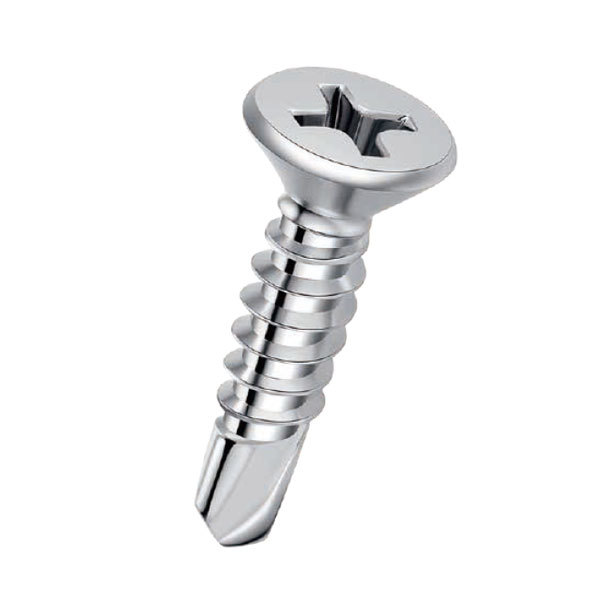High-Quality Manufacturer of Plain Flat Washers for Diverse Industrial Applications and Custom Solutions
The Essential Role of Plain Flat Washer Manufacturers in Engineering and Construction
In the world of engineering and construction, one often encounters a myriad of components that play critical roles in ensuring the structural integrity and functionality of various assemblies. Among these components, plain flat washers stand out as simple yet essential fixtures in many applications. Their manufacture involves precision engineering, which is where the expertise of plain flat washer manufacturers comes into play.
Plain flat washers are defined as disc-like components, usually made from metal, plastic, or rubber, that are used in conjunction with screws, bolts, or nuts. Their primary function is to distribute load over a larger surface area, providing support and preventing damage to the material being fastened. This simple design belies their significant importance; even a minor oversight in choosing the right washer can lead to issues such as premature failure of joints, structural instability, or material fatigue.
The manufacturing of flat washers involves several steps, including material selection, cutting, shaping, and finishing, each requiring meticulous attention to detail. Manufacturers often source materials like stainless steel, carbon steel, or specialized alloys, depending on the application's requirements. For example, in environments exposed to moisture or chemicals, stainless steel washers may be preferred due to their corrosion resistance.
Once the raw materials are procured, the manufacturing process begins with cutting the material into specific sizes that conform to industry standards. Advanced cutting technologies, such as laser cutting or die stamping, are frequently employed to ensure precision and consistency. Following this, washers are shaped to their final dimensions through processes like stamping, pressing, or machining. Here, quality control is paramount to eliminate defects that could compromise performance.
plain flat washer manufacturer

Post-shaping, the finishing process is crucial as well. This can involve processes such as electroplating, coating, or polishing to enhance the washer’s durability and aesthetics. For instance, zinc plating is commonly employed to offer extra protection against corrosion, making the washers suitable for outdoor and industrial applications. The final product must meet various industry standards, such as ASTM, ISO, or ANSI, ensuring they are fit for purpose.
In addition to the technical aspects of manufacturing, the role of an effective plain flat washer manufacturer also includes understanding customer needs. Each industry may have unique specifications or challenges, and manufacturers must collaborate closely with clients to provide tailored solutions. This customer-centric approach fosters long-term relationships and positions the manufacturer as a trusted partner in engineering projects.
The demand for plain flat washers spans a wide range of industries, including automotive, construction, aerospace, and electronics. Each sector has its specific requirements regarding size, strength, and material properties. For example, in the automotive industry, washers must be capable of withstanding high temperatures and vibrations, while in electronics, they may need to adhere to strict safety and performance standards.
Moreover, with the rise of sustainable practices, manufacturers are increasingly considering the environmental impact of their operations. This includes utilizing recyclable materials and implementing energy-efficient processes in their manufacturing lines. By prioritizing sustainability, plain flat washer manufacturers are not only contributing to environmental conservation but also aligning themselves with the growing demand for eco-friendly products.
In conclusion, plain flat washer manufacturers are pivotal players in the engineering and manufacturing landscape. Their expertise in precision manufacturing, material selection, and customer collaboration ensures that they provide essential components that meet varying demands across industries. As technology continues to evolve, these manufacturers will likely adapt and innovate, remaining at the forefront of producing reliable and high-quality fasteners essential for countless applications worldwide.
-
Top Choices for Plasterboard FixingNewsDec.26,2024
-
The Versatility of Specialty WashersNewsDec.26,2024
-
Secure Your ProjectsNewsDec.26,2024
-
Essential Screws for Chipboard Flooring ProjectsNewsDec.26,2024
-
Choosing the Right Drywall ScrewsNewsDec.26,2024
-
Black Phosphate Screws for Superior PerformanceNewsDec.26,2024
-
The Versatile Choice of Nylon Flat Washers for Your NeedsNewsDec.18,2024










